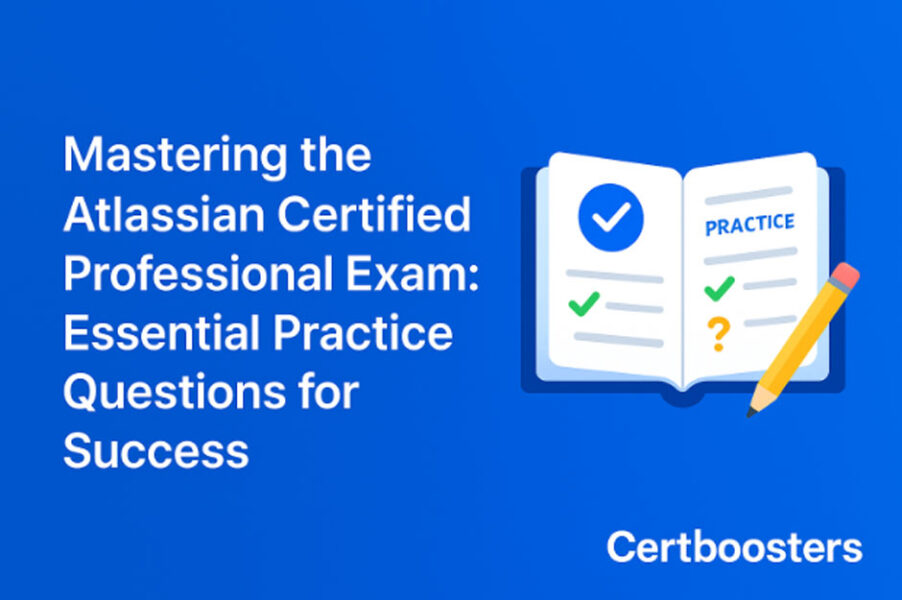Getting your child into an Ivy League school starts long before the application. The path begins early, often without you realizing it. Small choices made in the early years build habits that matter later. You don’t need a strict plan from day one, but you do need direction.
You can start early, but you have to know what to focus on at different stages and how to prepare your child to compete at the highest level. Every step serves a purpose. You’ll learn what matters, what doesn’t, and when to act. In this article, we will go over several strategies to help you get your child ready for an Ivy League education.
Elementary School
The elementary years are more important than most people think. During this stage, your child starts to build habits that shape their future approach to learning. You don’t need to introduce college-level content, but you do need to create a setting where questions are welcomed and effort is expected. Ivy League schools favor students who show consistent growth. That growth often starts in a household where reading is normal, curiosity is encouraged, and school is treated as something valuable.
While it’s too early for formal test prep or college consulting, you can begin looking into long-term resources. Companies like Going Ivy become more relevant in later grades, but being aware of their approach now gives you a clearer picture of where this journey can lead. The goal right now is to help your child enjoy learning, take responsibility, and grow steady in both skills and attitude.
Middle School
Middle school is when things begin to shift. Your child starts forming a deeper sense of identity and purpose. This is the time to help them move from general curiosity to focused effort. Grades begin to matter more, and the habits they build now can either make high school easier or harder.
Encourage them to try new activities, but don’t chase every opportunity. Focus matters more than variety. If your child enjoys science, look for programs or clubs that explore it in greater depth. If they show interest in writing or debate, help them find ways to practice. Don’t wait until high school to develop strong interests. Ivy League schools want students who show growth over time.
High School
High school is where preparation becomes strategy. Everything your child does now will show up in their college application. That doesn’t mean chasing every honor or filling every spare moment with activity. It means choosing the right classes, showing depth in interests, and building a consistent record of effort.
Course selection is important. Ivy League schools expect to see the most challenging classes available. If your child’s school offers honors, AP, or IB options, they should take them. Rigor shows colleges that your child can handle pressure. It’s better to earn a B in a hard class than an easy A in something basic. Grades still matter, but context matters more.

















